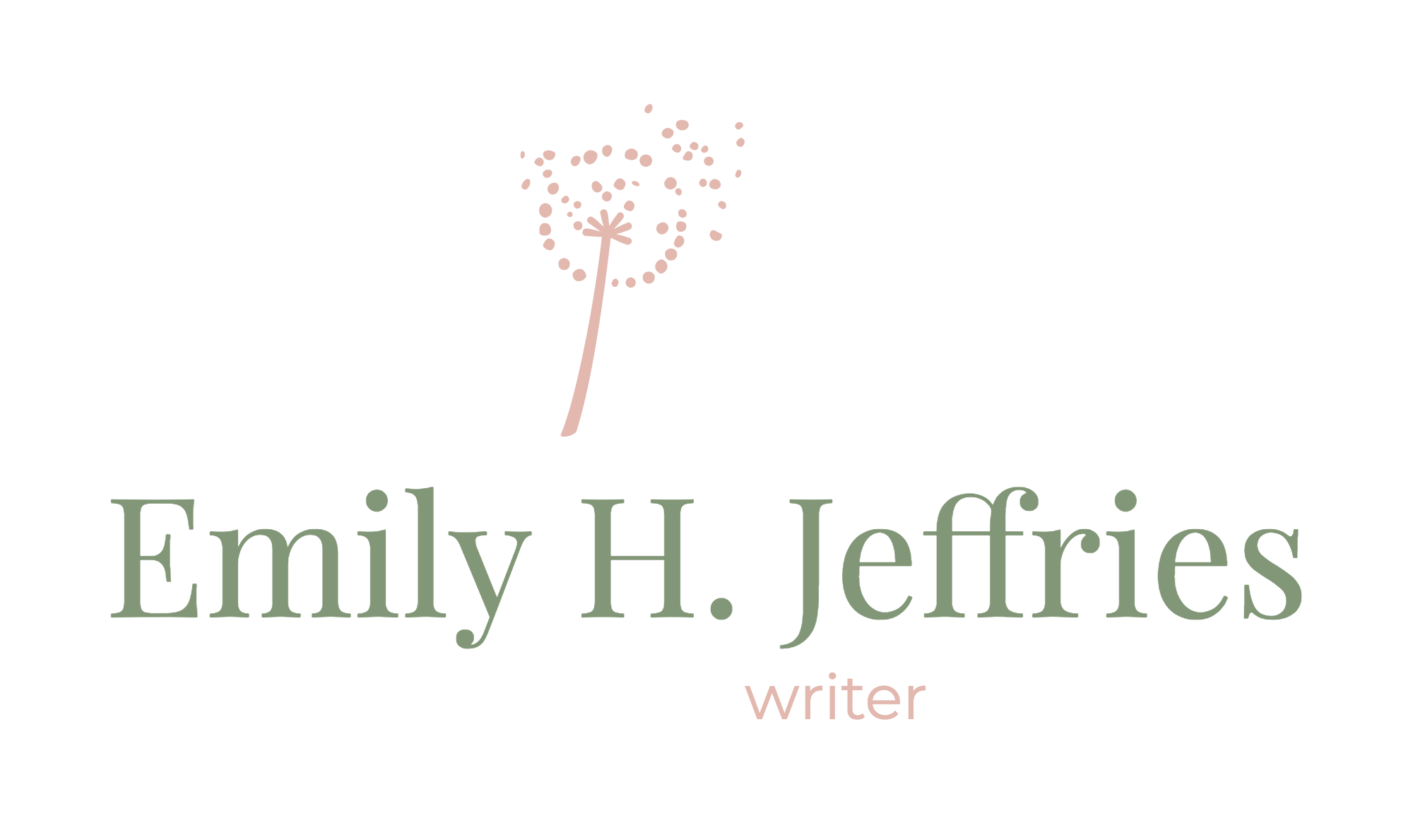When Storytellers Don’t Know a “Bad” Choice from a Wrong One
If I ever write nonfiction, remind me never to use the word “bad”. It's about as imprecise as it can be.
Within the pages of my current favorite book on editing, I found some interesting advice which unfortunately employs this mucky word:
“We do not live in an evil/good, joy/misery, sated/starving kind of world. Never have. Never will. Because we don’t – we always fall on a spectrum within the confines of each of these values – we rely on stories to help us figure out how to choose between two bad choices or two irreconcilably good choices.”
Ok, obviously I do not agree with this guy's philosophy on life. BUT in all other respects, this book is an invaluable addition to the storytelling tool belt. It is called The Story Grid, and I would not underestimate its wisdom. It could be an incredible game-changer in the way writers create stories. But today, respectfully, I’d like to tackle the sloppy ethics found in chapter 44 of Coyne’s work, "The Best Bad Choice Crisis", from which I lifted the above quote.
Coyne's Understanding of "Bad" Choices
To demonstrate the principle of the "best bad choice", Coyne compares two real life politicians who cheated on their wives. One chose to confess his mistake publicly and watched his career go up in flames. The second chose to cover up his affairs and live with the guilt and constant fear that he would be found out (which he was). According to Coyne, both figures had to decide between two “bad” choices. And the moment when each man had to decide which road to take is an example of the “best bad choice” crisis moment a storyteller can use in his own story.
I agree that a story is not a story without crisis. A politician who has spilt his tea is just a guy, whereas a politician who invites a hooker to his beach house is inherently part of a story. But to suggest that his options to either confess the crime or conceal it are both “bad choices”?
By “bad”, I imagine Coyne means “inconvenient” or “uncomfortable” rather than “wrong”. For he admits that an audience would sympathize much more with the man who comes clean in the first place. Even so, to suggest that the repentant politician and the sleazy politician had to choose between similarly “bad” choices is to place a good act on the same plane as an evil act. Why do that?
The Choice Between Sacrifice and Self
Instead, I suggest a more precise phraseology. Why not advise the storyteller to write characters who must choose between sacrifice and self? This is a more clear distinction, and it is universal to the human experience. In almost every moment of our daily lives, we are faced with the choice between others and ourselves, between selflessness and selfishness.
When a character makes the right choice, it usually requires more courage, more self-control, and sacrifice of selfish desires for the sake of others. The wrong choice, on the other hand always involves less courage, less self-control, little regard for others and ultimately misery. If the storyteller does not understand this distinction, she runs the risk of leading her audience astray.
In the subsequent chapter, Coyne discusses another type of crisis, stemming from two choices of equal moral goodness, where each precludes the benefits of the other. Frankly, I think the morality of this chapter is just as fudgy as the “best bad choice” chapter. But we’ll leave that for another post.
What is a movie you’ve seen or a book you’ve read where the main character has to make one of these choices between “sacrifice and self”? Which choice did he/she make?
Keep holding storytelling to a higher standard!
Yours,
Emily

